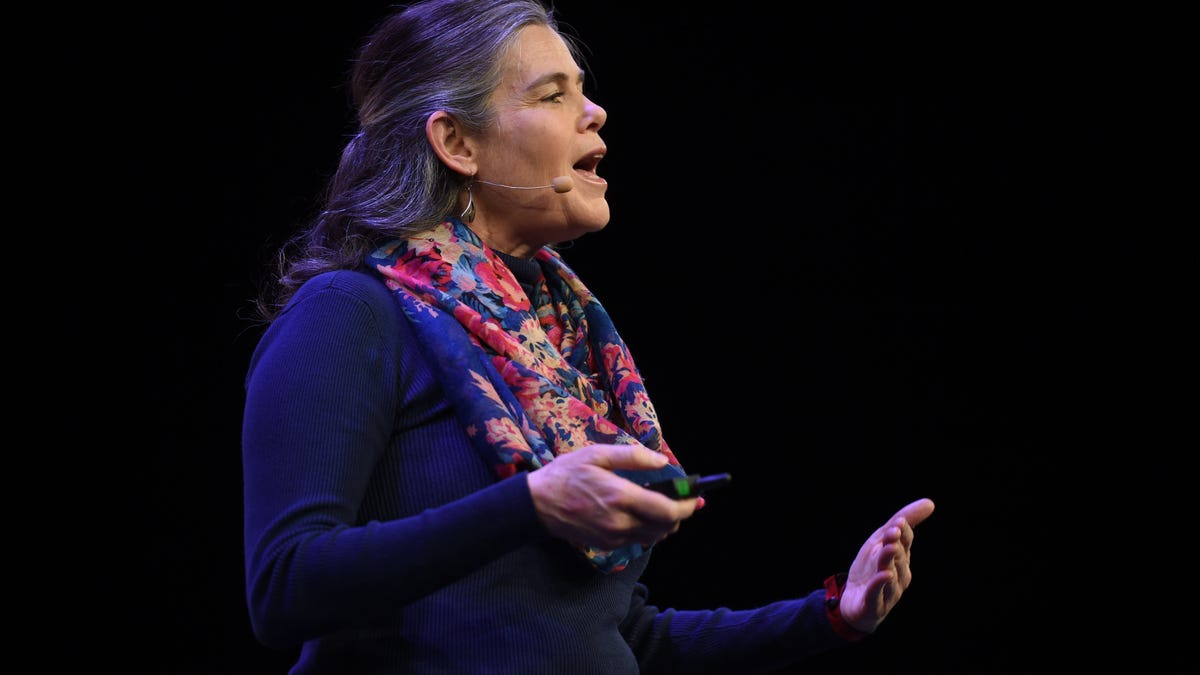BREAKTHROUGH IN CANCER RESEARCH: Generative AI Could Lead to Novel Drug Targets
In a recent workshop hosted by Stanford University’s Human-Centered AI institute, Daphne Koller, an AI pioneer and CEO of Insitro, a life sciences AI firm, discussed the potential of generative artificial intelligence (AI) in oncology research. Koller explained that generative AI, such as OpenAI’s DALL-E and ChatGPT, could be a game-changer in the study of cancer.
The first step in this process involves using machine learning AI technology to analyze images of cancerous tissue. By learning the language of histopathology, the computer can predict genetic changes in patients with up to 95% accuracy, something no clinician can do. However, to find drug targets, a larger sample size of tissue images is needed.
To solve this problem, Insitro’s team used generative AI to create “deep fakes” of tissue images, multiplying the sample size from hundreds to thousands. This larger dataset can then be analyzed using a genetic assay called ATAC-seq, which allows researchers to ask questions that were previously impossible with fewer samples.
With this approach, thousands of deep fake images of triple-negative breast cancer were analyzed using ATAC-seq, revealing previously unknown genetic changes that could be potential drug targets. The combination of generative AI and genetic assay technology has the potential to revolutionize cancer research.
Koller described this program as dealing with a level of complexity that the human brain cannot comprehend. By collecting large amounts of data and letting machines identify subtle patterns, researchers can redefine the heterogeneity and complexity of human disease, leading to the development of new therapeutics.
The workshop also highlighted the importance of multi-modality in generative AI programs, where the same techniques can be applied to different kinds of data, from biology to sound to even whale songs. This multi-modality approach is considered one of the most promising future directions of the field.
In closing, Koller emphasized the merging of data/machine learning/AI and quantitative biology to create a new field called digital biology. This field has the potential to have tremendous repercussions in human health, the environment, energy, bio-materials, sustainable agriculture, and more.
This breakthrough in cancer research opens up exciting possibilities for the development of new therapies. How do you think generative AI will impact oncology? Share your thoughts in the comments below!
[CALL TO ACTION: COMMENT NOW]
IntelliPrompt curated this article: Read the full story at the original source by clicking here a fun game: sprunki horror

